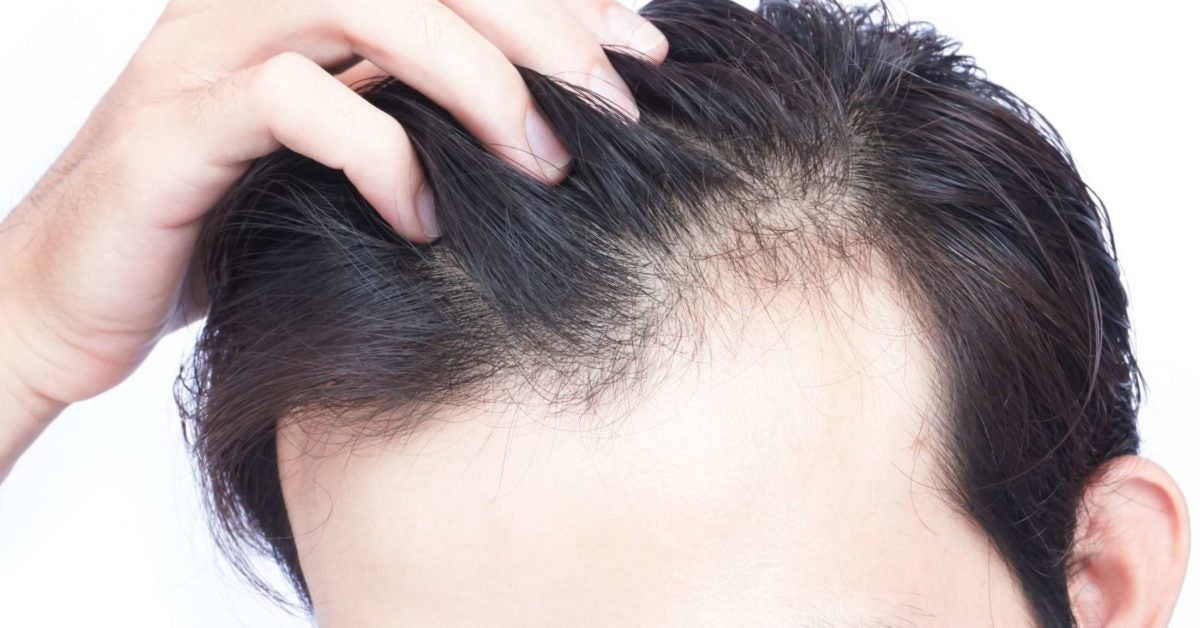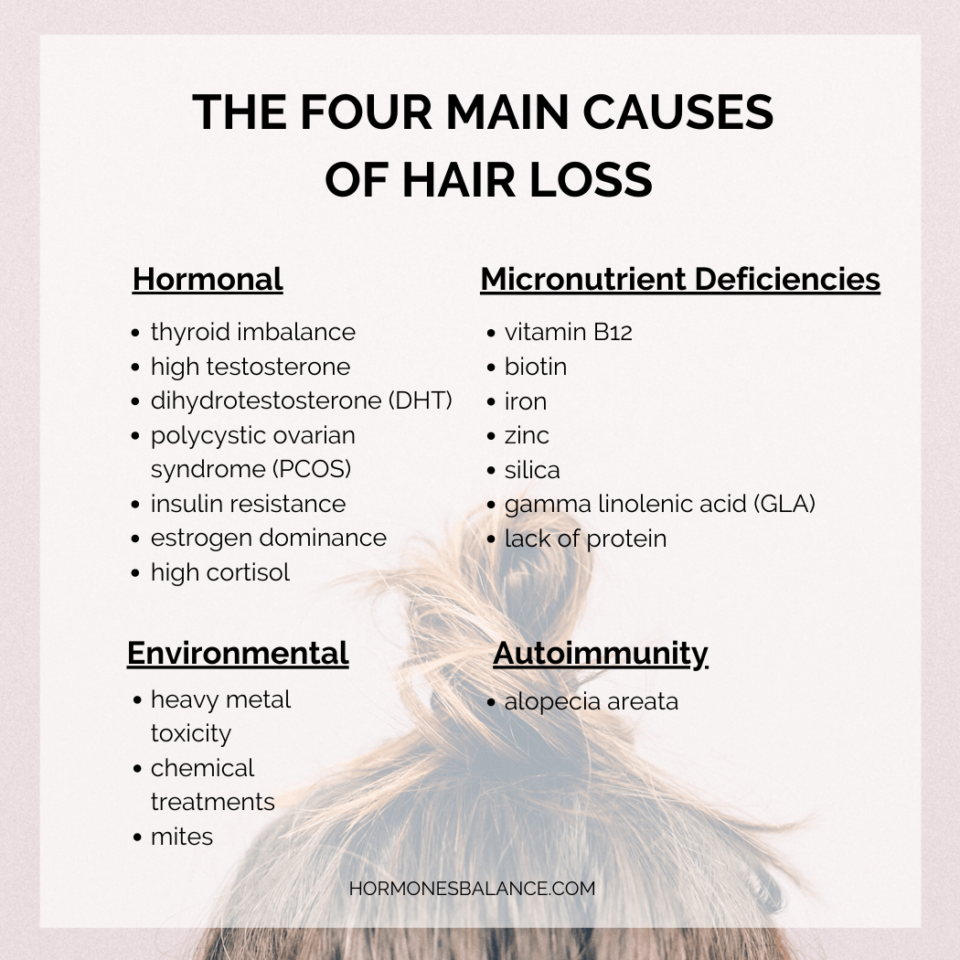Which Vitamins Deficiency Causes Hair Loss
Which Vitamins Deficiency Causes Hair Loss - Hair loss is a frustrating and worrisome condition that affects people of all ages and ethnicities. Whether you’re a man or a woman, losing your hair can affect your self-confidence and self-esteem. While hair loss can be attributed to a variety of factors, one of the most common causes is vitamin deficiency. In this article, we’ll explore the different vitamins that can contribute to hair loss and provide tips on how to address these deficiencies to achieve healthier hair.
Vitamin D Deficiency Hair Loss
What is Vitamin D?
Vitamin D, also known as the “sunshine vitamin,” is synthesized by your body when your skin is exposed to sunlight. It’s important for healthy bones, teeth, and immune system function, but it also plays a role in hair growth. A lack of vitamin D can lead to hair loss, so it’s important to ensure that you’re getting enough of this essential nutrient.

Vitamin B12 Deficiency Hair Loss
What is Vitamin B12?
Vitamin B12 is a water-soluble vitamin that’s primarily found in animal products, such as meat, fish, and dairy. It’s essential for healthy brain function, red blood cell production, and nerve function, but it also plays a role in hair growth. A lack of vitamin B12 can lead to hair loss, so it’s important to ensure that you’re getting enough of this essential nutrient.
Vitamin A Deficiency Hair Loss
What is Vitamin A?
Vitamin A is a fat-soluble vitamin that’s important for healthy vision, skin, and immune system function. It’s found in a variety of animal products, as well as in orange and yellow fruits and vegetables. While vitamin A is important for overall health, too much of it can actually lead to hair loss. It’s important to strike a balance and ensure that you’re getting enough vitamin A without overdoing it.

Iron Deficiency Hair Loss
What is Iron?
Iron is an essential mineral that’s important for healthy blood flow and oxygen delivery throughout the body. It’s found in a variety of animal products, as well as in leafy green vegetables and fortified grains. A lack of iron can lead to anemia, which can cause hair loss. If you’re not getting enough iron in your diet, consider incorporating more iron-rich foods or taking a supplement.

Zinc Deficiency Hair Loss
What is Zinc?
Zinc is an essential mineral that’s important for healthy immune system function, wound healing, and protein synthesis. It’s found in a variety of animal products, as well as in nuts and seeds. A lack of zinc can lead to hair loss, so it’s important to ensure that you’re getting enough of this essential nutrient.

How to Address Vitamin Deficiencies for Healthier Hair
If you’re experiencing hair loss and suspect that it may be due to a vitamin deficiency, there are several steps you can take to address the issue. First, speak with your healthcare provider to get your vitamin levels tested. Once you know which vitamins you’re deficient in, you can take steps to address these deficiencies, such as:
- Adding more vitamin-rich foods to your diet, such as leafy green vegetables, nuts, and seeds
- Taking a daily supplement that contains the vitamins you’re deficient in
- Getting more sun exposure to promote vitamin D synthesis
- Switching to hair care products that contain vitamins and minerals that promote hair health
Final Thoughts
While hair loss can be frustrating and worrying, it’s important to remember that there are steps you can take to address the issue. By ensuring that you’re getting enough of the essential vitamins and minerals that promote hair health, you can achieve healthier, stronger, and more resilient hair.
View more articles about Which Vitamins Deficiency Causes Hair Loss
Post a Comment for "Which Vitamins Deficiency Causes Hair Loss"